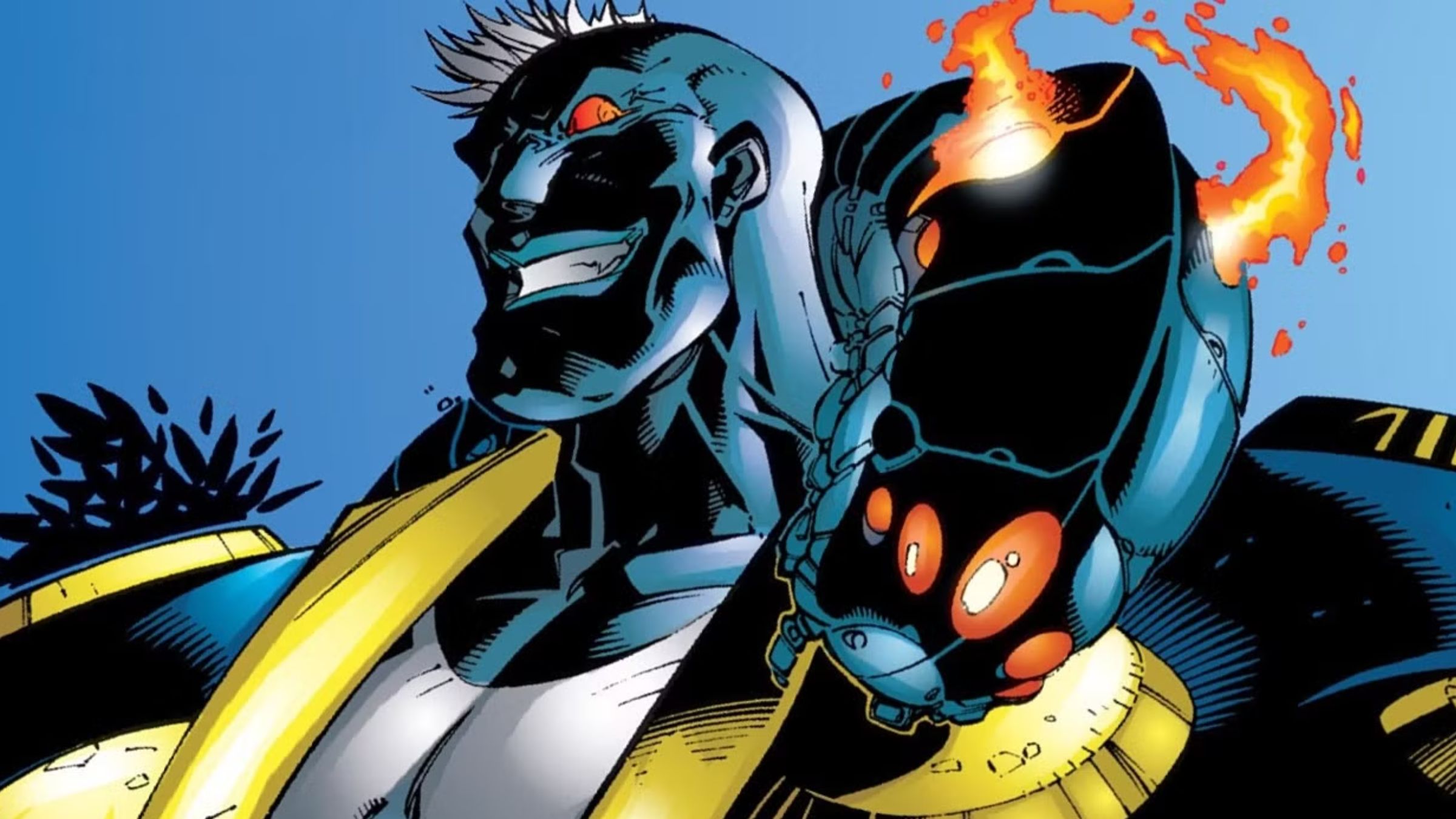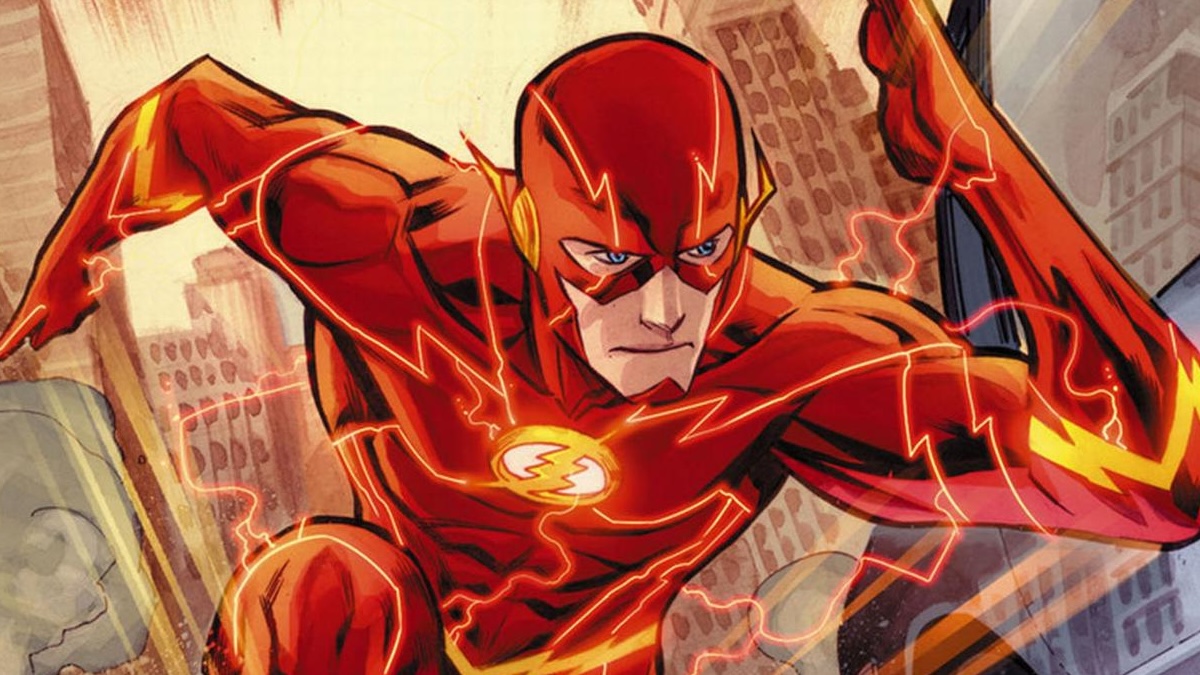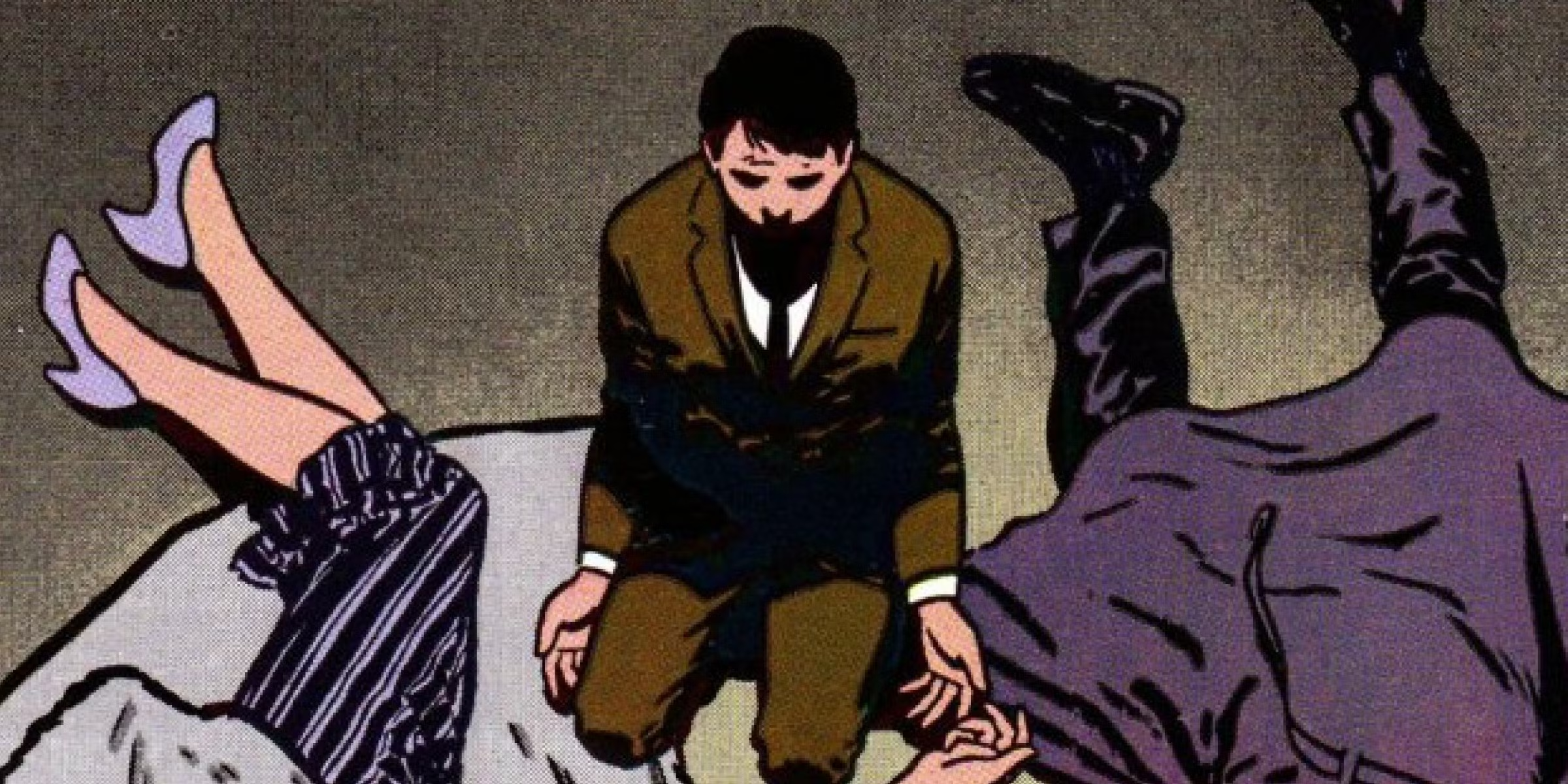
Almost everyone has imagined having superpowers. In comics from DC and Marvel, heroes and villains gain these abilities through various means. These powers often make them seem like gods, but achieving them rarely comes easily. The process is usually shown as incredibly painful and damaging, potentially causing lasting physical or mental health problems. These difficult beginnings are often used to explain why a hero fights so hard or why a villain becomes evil. If gaining superpowers meant going through such trauma, most people would probably prefer to live ordinary lives.
Comics are full of stories about how people get superpowers, and some of those origins are truly awful – involving incredibly painful and life-changing experiences. Definitely don’t attempt any of these methods yourself!
10) Mutation

Developing superpowers through genetic mutation is entirely random. It’s like winning – or losing – a genetic lottery, potentially granting incredible abilities like telepathy, as seen in Professor X, or resulting in frightening physical differences, like those of Maggott. Often, those with noticeable mutations face prejudice and are ostracized. Even if a mutant doesn’t appear monstrous, they can’t choose their powers, and abilities like Rogue’s – which can be dangerous to others – often lead to loneliness and isolation. While being born with powers might seem straightforward, it frequently comes with social rejection and a life lived on the fringes of society.
9) Freak Accident

Few things are more likely to give someone extraordinary powers than being caught in a disastrous experiment. These accidents can range from being burned by chemicals to receiving a massive electric shock. In reality, such events would almost certainly be fatal, but in comic books, they often lead to incredible powers – or terrible curses. Characters like Plastic Man, Sandman, the Flash, and Mr. Freeze all gained their abilities through such accidents. None of them wanted these powers, and the sudden changes completely transformed their lives, for both good and bad.
8) Super Serums

Comic books frequently portray drugs as the first step towards gaining superpowers. However, introducing unknown and potentially harmful chemicals into your body is generally a bad idea. While characters like Captain America seem unaffected by experimental substances, most aren’t so fortunate. Many heroes, including Hourman, Bane, and Sentry, experienced serious physical and mental changes due to drug use. And, similar to real-world drugs, these super serums are often addictive and create further complications.
7) Radiation

We know from science that high levels of radiation are dangerous, and even in comic books, gaining powers from radiation usually comes with a price. For example, Daredevil developed incredible senses after being exposed to radioactive material, but he lost his vision. Often, radiation transforms people into frightening and destructive creatures, like the Hulk and Parasite. Some characters, such as Firestorm and Dr. Manhattan, were even broken down to their atoms by radiation before being reassembled. Though the specific effects differ, radiation consistently causes significant harm and suffering for those exposed.
6) Cybernetics

It’s no surprise that needing major cybernetic replacements – like arms, legs, or even vital organs – usually happens after a terrible accident. Characters like Cyborg and Robotman faced life-threatening injuries, and doctors rebuilt them with more metal than natural body parts just to save their lives. When they wake up, these cyborgs are often shocked and horrified by what they’ve become. Depending on how advanced their prosthetics are, they might lose their senses of touch, smell, or taste. Things get even more complicated if computer chips are implanted in the brain, potentially splitting their minds between human feelings and cold, logical thinking.
5) Experimentation

The pursuit of superpowers often involves unethical and dangerous experiments on people. These experiments are carried out by various groups, including government programs aiming to create super-soldiers, technologically advanced aliens, and rogue scientists. The people subjected to these experiments – treated like test subjects – are pushed to their absolute limits, both physically and mentally, and many don’t survive. They often endure horrific experiences like being physically altered, brainwashed, given dangerous drugs, and subjected to extreme torture. Numerous comic book characters, such as Deadpool, Wolverine, Starfire, and Rocket Raccoon, have storylines featuring this kind of cruel experimentation.
4) Infection

Horror movies consistently show us that getting bitten by a monster is a terrible idea, usually because the bite spreads the monster’s curse. Vampires, zombies, and werewolves are famous examples of creatures that turn people into monsters through bites. While victims might gain abilities like increased strength, speed, and even immortality, the costs are much higher. They typically lose their humanity, becoming creatures driven by instinct and a hunger for human flesh. Though a few characters, like Blade and Werewolf by Night, manage to control their monstrous side and fight for good, most people can’t resist the urge to give in to their dark desires.
3) Possession

Dealing with demons is always a bad idea. In comics, these creatures from Hell constantly try to make bargains with humans, often offering incredible power in exchange for their souls. Sometimes, a person might even form a connection with a demon, gaining dark abilities like control over hellfire, immense strength, eternal life, or the power to manipulate souls. However, these demons are frequently like harmful parasites, clinging to their hosts and tempting them to use their powers for wicked purposes. No one wants a demon living inside them! Despite this, some heroes, like Ghost Rider and Etrigan, have found ways to harness their demonic connections to fight against evil.
2) Grief/Trauma

As a huge cinema fan, I’ve noticed a really common trope in comic books: characters becoming heroes or villains because of the loss of someone they love. Take Batman, for example. The murder of his parents is what pushed him to become the ultimate crime fighter, and thankfully, he had the resources to fund his training and create all his amazing gadgets. But even with all that money, he could never truly escape the pain of that night. Then there’s Drax, who gained his powers after Thanos killed his family – his spirit was even transferred into a super-strong body! While losing loved ones doesn’t *give* people superpowers directly, it’s often the core reason they dedicate their lives to being a hero or, sometimes, a villain. It’s a powerful story driver, honestly.
1) Ressurection

Few things are as tragic as gaining superpowers only through death. While comic book characters often return after dying, they’re rarely the same. Those who get powers after death usually suffered violent ends, and the resurrection process often involves a terrifying change. Characters like Deadman, Swamp Thing, and Solomon Grundy became ghosts, plant monsters, and zombies, respectively. This existence is a lonely and painful one, leaving them trapped between life and death. No power is worth such a terrible fate.
What do you think? Leave a Comment below and join the conversation in the ComicBook Forum!
https://comicbook.com/comics/news/7-marvel-characters-with-controversial-origin-stories/embed/#
Read More
- How to Get the Bloodfeather Set in Enshrouded
- Gold Rate Forecast
- 4 TV Shows To Watch While You Wait for Wednesday Season 3
- Auto 9 Upgrade Guide RoboCop Unfinished Business Chips & Boards Guide
- 10 Movies That Were Secretly Sequels
- These Are the 10 Best Stephen King Movies of All Time
- One of the Best EA Games Ever Is Now Less Than $2 for a Limited Time
- Best Werewolf Movies (October 2025)
- 32 Kids Movies From The ’90s I Still Like Despite Being Kind Of Terrible
- USD JPY PREDICTION
2025-09-22 03:11